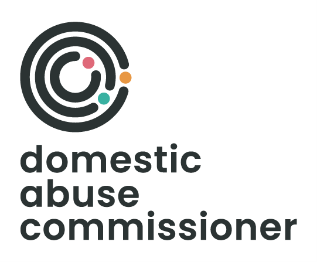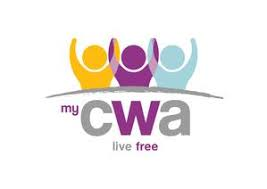The Second Annual Tackling Domestic Violence and Abuse Event
Online Conference 15 November 2022, 9:00am - 3:00pm
Overview
Domestic abuse since the initial lockdown in March 2020 has risen sharply, with campaigners describing the crisis an ‘epidemic within a pandemic’. The charity Refuge recorded an average of 13,162 calls and messages to its National Domestic Abuse Helpline (NDAH) every month between April 2020 and February 2021, this constitutes a 60% increase in comparison to monthly calls and messages at the start of 2020. This has taken the number of such contacts received in the period between April 2020 and February 2021 to more than 131,000, with 72% of being made by women and just under a fifth having had their life threatened.
Similarly, Respect, reported equally as stark figures and that their advice line for male victims saw a 70% rise in calls, emails and texts in 2020 compared to 2019. The LWA reports that domestic abuse will affect 1 in 4 women and 1 in 6 men in their lifetime leads to, on average, two women being murdered each week and 30 men per year. Furthermore, domestic abuse can take many forms and many incidents are not reported, meaning the real figures are likely to be higher.
There is work being done and supported being offered by charities, local and Central Government to tackle domestic abuse and the deep impact it has both directly and indirectly. Recently, the Government’s Domestic Abuse Bill received Royal Assent, with the bill strengthening measures to tackle perpetrators and to provide protection and support for victims. In 2022 the Home Secretary launched a new Tackling Domestic Abuse Plan informed by victims and survivors.
This timely event will bring together the aforementioned charities, support groups, local and Central Government, academia as well as the wider public sector and will consist of high-level keynote presentations alongside practical case studies.







